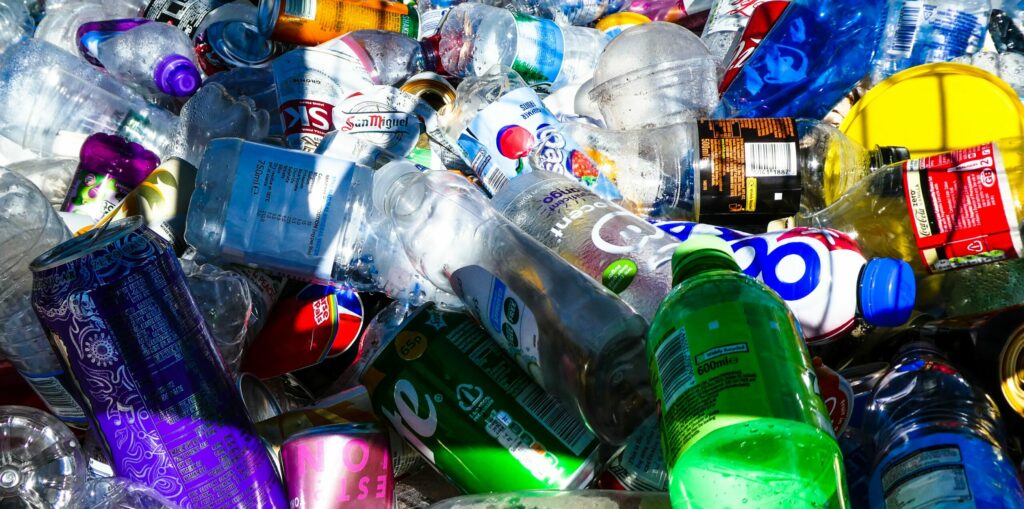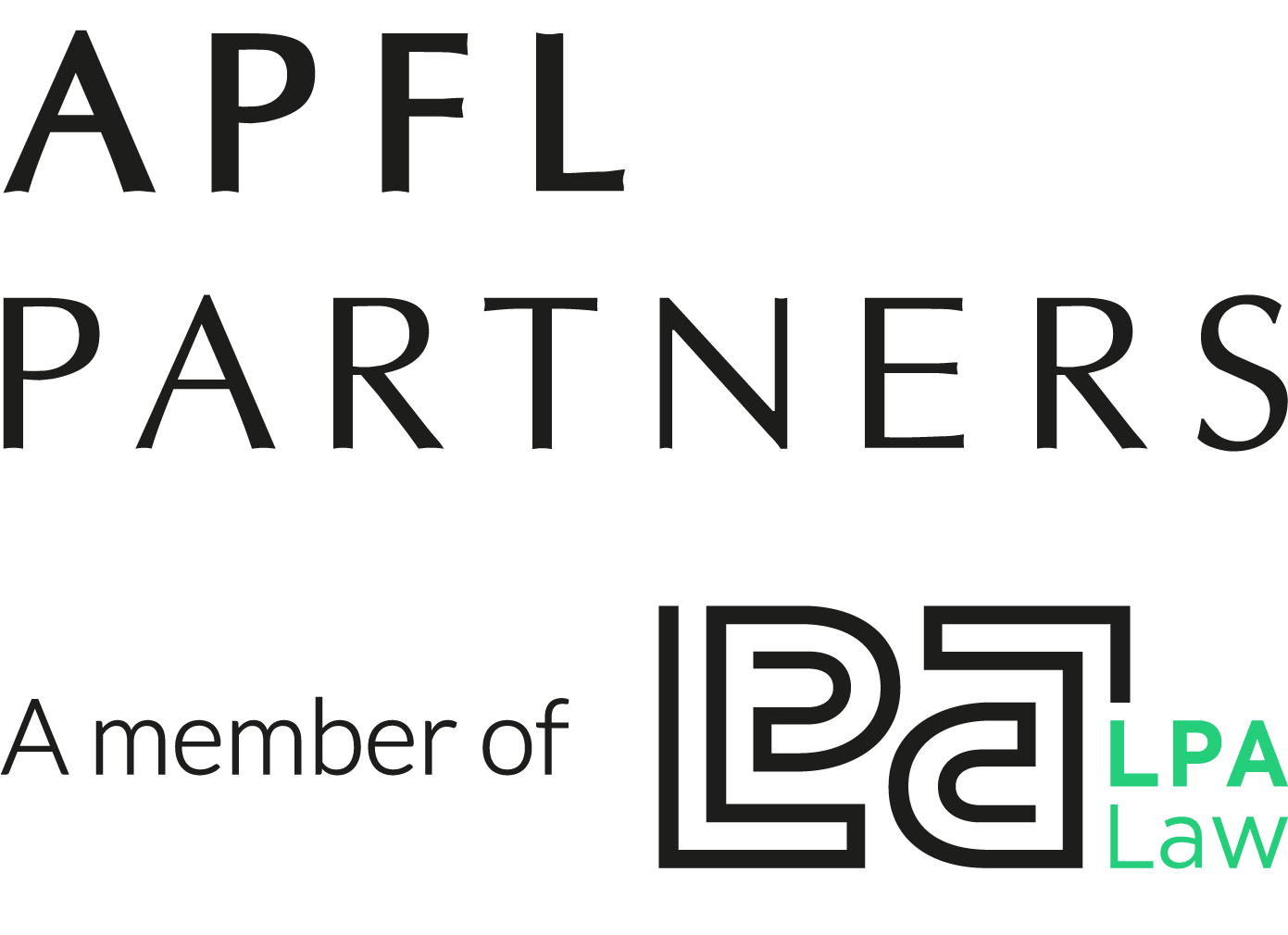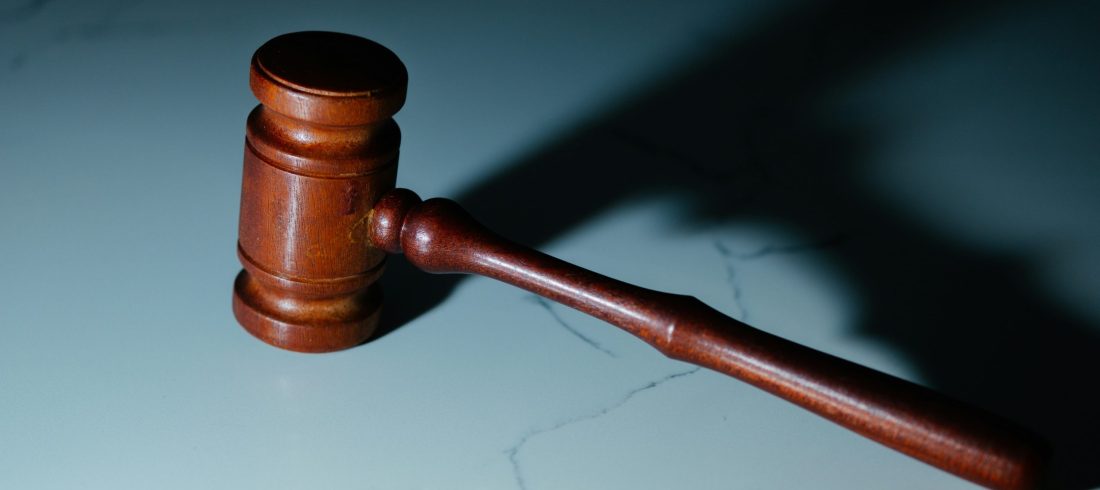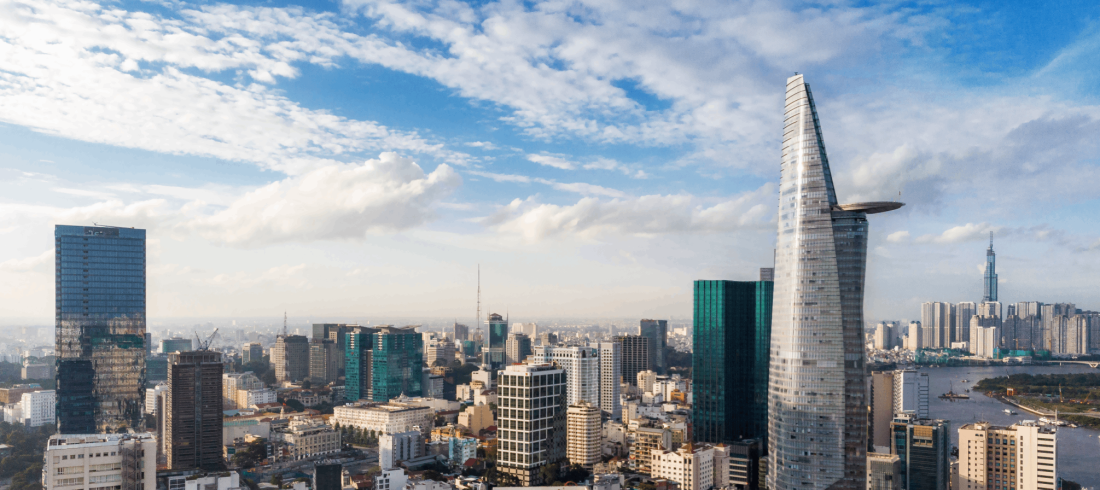Extended Producer Responsibility: What Companies Need to Know

Companies worldwide are coming to terms with new regulations to reduce the environmental impact of their operations and the waste from their products. However, this is not limited to production and point of sale.
Through the principle of Extended Producer Responsibility (“EPR”), companies are being held accountable for the waste created when people consume and dispose of their goods. In other words, producers are now responsible for the waste created throughout the entire lifetime of their product – not just when it rolls off the production line.
This ‘polluter pays’ principle applies not just to products themselves but also to the packaging surrounding them. This is a growing global concern, in light of the increasing environmental pollution from products like single-use plastics which can take centuries to decompose.
EPR on the agenda in Vietnam
Earlier this month, a conference in Hanoi shone a spotlight on this issue. Entitled ‘Extended Producer Responsibility: From Policy to Implementation’, the event brought together foreign diplomats, government ministers, and the media to discuss how the EPR principles can be put into practice.
Speaking at the event on 4 April, the Deputy Head of Mission from the Norwegian Embassy in Vietnam pointed out that the benefits of EPR can be economic as well as environmental. Increasing rates of recycling can also create jobs and open up new markets for products made from repurposed materials.
What do companies need to know?
The concept of EPR was first introduced to Vietnam through the 2020 Law on Environmental Protection. Further details emerged in 2022 through Decree No. 8/2022/ND-CP (“Decree 8”), which stated that companies which produce or import products and packaging like batteries, electrical equipment, or animal feed will also be responsible for recycling them.
This requirement will be phased-in, starting from 2024, with staggered deadlines for different products. Companies will have two choices: (i) To recycle products themselves, or; (ii) make a financial contribution to a common fund known as the Vietnam Environment Protection Fund (“VEPF”).
Decree 8 outlines the specific reports and requirements companies must meet to fulfill their obligations to the Ministry of Natural Resources and Environment (“MONRE”) under the new regulations, alongside detailed calculations of the financial contributions required should companies decide to outsource their obligations to the VEPF. It also includes the full list of products and packaging which are covered under EPR.
For more information about EPR, and how these obligations could impact investors and enterprises doing business in Vietnam, just contact our team on: contact@apflpartners.com
Disclaimer: This article and its content are for information only and are not given as legal or professional advice. they do not necessarily reflect all relevant legal provisions with respect to the subject matter. Readers should seek legal or professional advice before taking or refraining to take any action.


